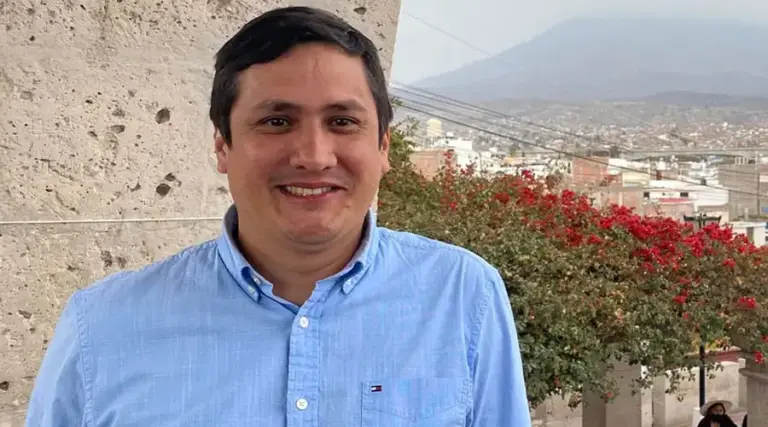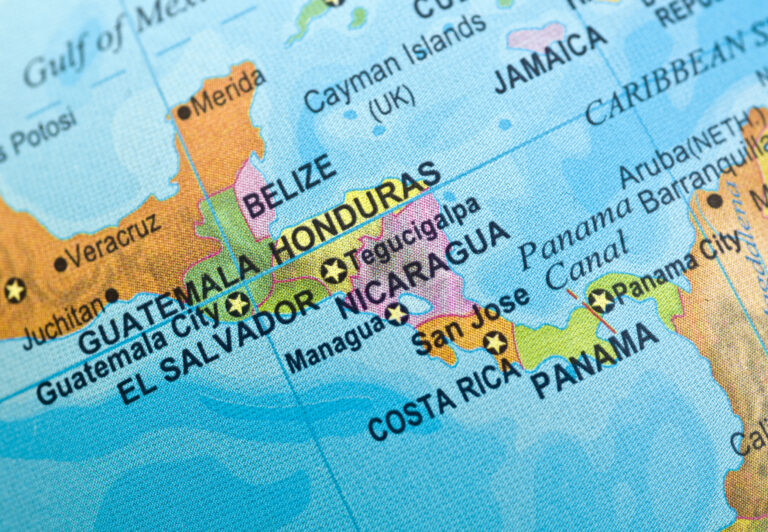October 16, 2003
Volume 5 / Number 32
Dear Colleague:
Last week, PRI reported on the abortion-promotion of Family Health International (FHI), which has received hundreds of millions of dollars from the U.S. Agency for International Development (USAID) for population control. FHI is positioning itself to receive hundreds of millions more for HIV/AIDS programs. However, FHI promotes the exploitation of women throughout the developing world with prostitution, in violation of federal law.
Steven W. Mosher
President
USAID-funded FHI Exploits Women
The Global AIDS bill (HR 1298) signed into law by President Bush this May prohibits federal funding for organizations that do not explicitly oppose the legalization of prostitution and sexual trafficking. The law, in part,
reads: No funds… may be used to provide assistance to any group or organization that does not have a policy explicitly opposing prostitution and sex trafficking.
(1)
FHI-which receives millions from U.S. taxpayers-is a vocal advocate for legalized prostitution as a form of HIV/AIDS prevention.
FHI’s website
reads: *Decriminalizing sex work and encouraging safer environments are important policy issues in HIV/AIDS prevention among female sex
workers.*(2)
A recently-published handbook, titled HIV/AIDS Prevention and Care in Resource-Constrained Settings,
reiterates FHI’s support of prostitution: Decriminalizing sex work and encouraging safer environments are important policy issues in prevention among female sex workers,
states FHI. Repression exacerbates the problem since sex workers are further marginalized from health services and prevention interventions in the attempt to evade legal restrictions on their work.
(3)
Clearly FHI does not explicitly oppose prostitution, and should not be entitled to HIV/AIDS funding.
FHI is currently attempting to finesse the issue-and gain access to new HIV/AIDS money-by claiming that it does not promote prostitution. A recent letter to USAID Administrator Andrew Natsios, tacked to the cover of its HIV/AIDS handbook, claims that Family Health International does not and will not promote the legalization or decriminalization or practice of prostitution or sex trafficking.
(4)
But this weak concession is insufficient. The law requires that organizations explicitly oppose prostitution
in order to be entitled to receive HIV/AIDS funding, which this letter does not do. And the attached handbook, which is being distributed to population control groups and gender ideologues throughout the world, contains pro-prostitution policy statements.
The claim that prostitution is an effective form of HIV prevention is not supported by scientific data. A peer-reviewed study found that the spread of HIV was more prevalent among legally recognized prostitutes who were provided condoms and HIV education than among unregistered prostitutes.(5) Prostitution, in fact, is one of the most significant factors driving the spread of HIV in Africa and Asia.
Another peer-reviewed study estimated that at least one quarter of cases of HIV infection in recently married men were acquired from extramarital
partnerships.(6)
Prostitution should be rejected as a method of HIV/AIDS prevention. Programs that emphasize abstinence and being faithful should be funded instead.
Endnotes
1. On Tuesday, May 27, 2003, President Bush signed into law H.R. 1298, the “United States Leadership Against HIV/AIDS, Tuberculosis, and Malaria Act of 2003” which authorizes assistance to foreign countries to combat HIV/AIDS, tuberculosis, and malaria.
2. FHI, Topics, Sex Workers,
2003.
3. FHI, *HIV/AIDS Prevention and Care in Resource-Constrained Settings,* Pp.188-201, 2003.
4. Ibid., Cover letter from FHI CEO, Albert J. Siemens, to USAID Administrator, Andrew Natsios, Sept. 25, 2003.
5. Christian Laurent et al, Prevalence of HIV and other sexually transmitted infections, and risk behaviors in unregistered sex workers in Dakar, Senegal,
AIDS 2003; 17(12):1811-1816.
6. Judith R. Glynn et al, HIV Risk in Relation to Marriage in Areas With High Prevalence of HIV Infection,
JAIDS, Journal of Acquired Immune Deficiency Syndromes 2003; 33(4):526-535.










